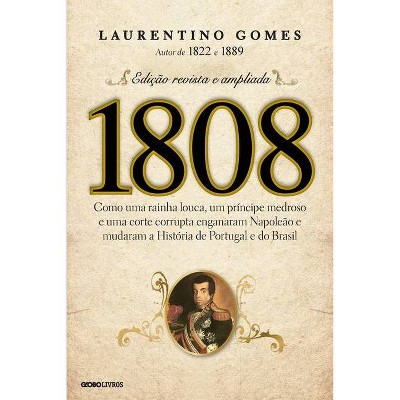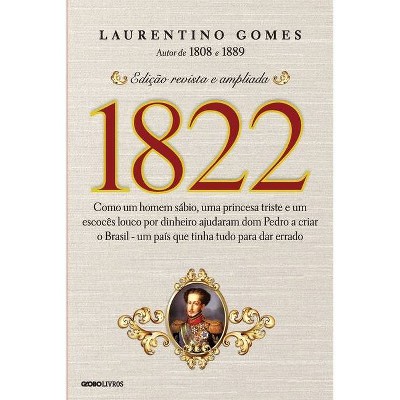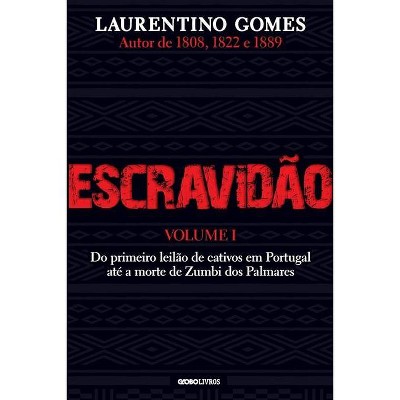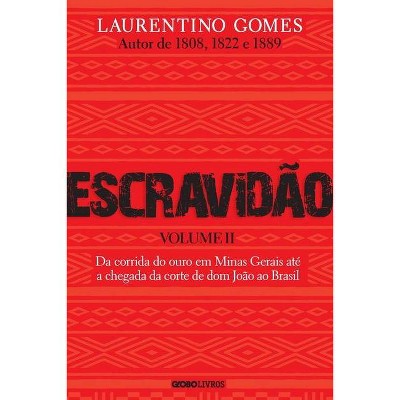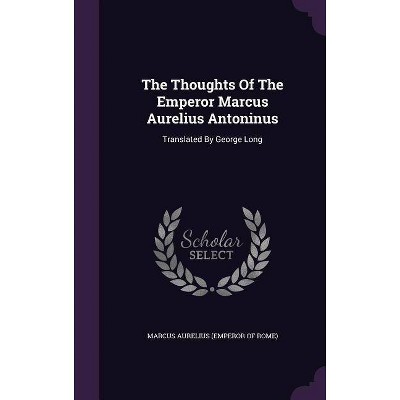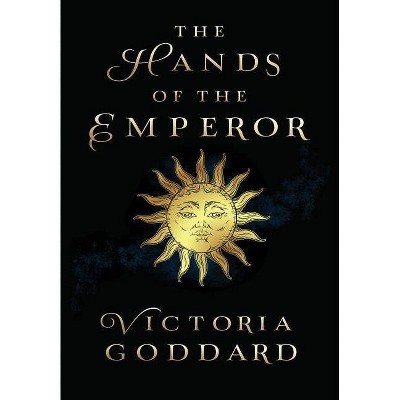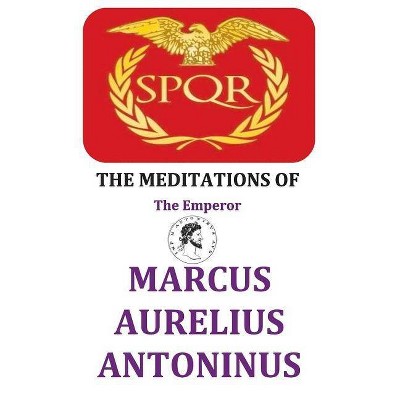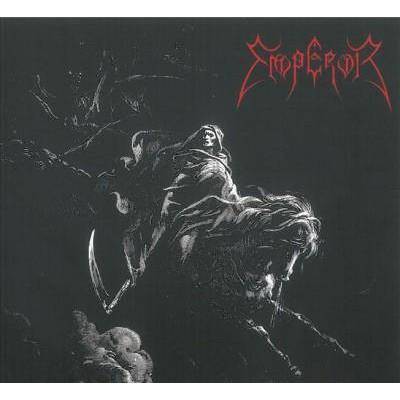1808: The Flight of the Emperor - by Laurentino Gomes (Hardcover)
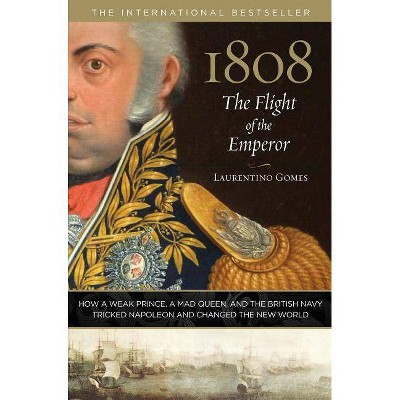
Similar Products
Products of same category from the store
AllProduct info
<p/><br></br><p><b> About the Book </b></p></br></br>In a time of terror for Europe's monarchs imprisoned, exiled, executed Napoleon's army marched toward Lisbon. Cornered, Prince Regent Joao had to make the most fraught decision of his life. Protected by the British Navy, he fled to Brazil with his entire family, including his deranged mother, most of the nobility, and the entire state apparatus. Until then, no European monarch had ever set foot in the Americas. Thousands made the voyage, but it was no luxury cruise. It took two months in cramped, decrepit ships. Lice infested some of the vessels, and noble women had to shave their hair and grease their bald heads with antiseptic sulfur. Vermin infested the food, and bacteria contaminated the drinking water. Sickness ran rampant. After landing in Brazil, Prince Joao liberated the colony from a trade monopoly with Portugal. As explorers mapped the burgeoning nation's distant regions, the prince authorized the construction of roads, the founding of schools, and the creation of factories, raising Brazil to kingdom status in 1815. Meanwhile, Portugal was suffering the effects of abandonment, war, and famine. Never had the country lost so many people in so little time. Finally, after Napoleon's fall and over a decade of misery, the Portuguese demanded the return of their king. Joao sailed back in tears in 1821, and the last chapter of colonial Brazil drew to a close, setting the stage for the strong, independent nation that we know today, changing the New World forever."<p/><br></br><p><b> Book Synopsis </b></p></br></br>In a time of terror for Europe's monarchs--imprisoned, exiled, executed--Napoleon's army marched toward Lisbon. Cornered, Prince Regent João had to make the most fraught decision of his life. Protected by the British Navy, he fled to Brazil with his entire family, including his deranged mother, most of the nobility, and the entire state apparatus. Until then, no European monarch had ever set foot in the Americas. Thousands made the voyage, but it was no luxury cruise. It took two months in cramped, decrepit ships. Lice infested some of the vessels, and noble women had to shave their hair and grease their bald heads with antiseptic sulfur. Vermin infested the food, and bacteria contaminated the drinking water. Sickness ran rampant. After landing in Brazil, Prince João liberated the colony from a trade monopoly with Portugal. As explorers mapped the burgeoning nation's distant regions, the prince authorized the construction of roads, the founding of schools, and the creation of factories, raising Brazil to kingdom status in 1815. Meanwhile, Portugal was suffering the effects of abandonment, war, and famine. Never had the country lost so many people in so little time. Finally, after Napoleon's fall and over a decade of misery, the Portuguese demanded the return of their king. João sailed back in tears in 1821, and the last chapter of colonial Brazil drew to a close, setting the stage for the strong, independent nation that we know today, changing the New World forever.<p/><br></br><p><b> Review Quotes </b></p></br></br><br>The author of this study has produced a book that is enjoyable to read. .. .it does a fine job and gives casual readers a valuable overview. The book is a bestseller and has drawn a lot of popular attention to an important period of Atlantic World colonial history, which is of course desirable and impressive. .. .If one were asked to recommend the book as light reading for a popular audience, one would do so enthusiastically. -Historian--Historian<br><br>An Amazon.com History BestsellerWinner of the Jabuti PrizeA Brazilian Academy of Letters Best Work of NonfictionCritical Acclaim for 1808: The Flight of the Emperor"This vivid portrait of an unkempt, self-preserving king provides insight into the obscure history of Brazil. ... A meticulous and encyclopedic account of life in the colony of Brazil, as well as the doings of the Portuguese royalty in their new home ... 1808: The Flight of the Emperor offers important knowledge for understanding how modern-day Brazil, a diverse mix of the ancestors of Europeans, slaves, and natives, was created. ... Gomes tells that story completely, with vivid accounts from historians as well as original sources."--Foreword"Highly readable ... a well-researched, engaging history."--Kirkus Reviews"Good airline reading on your next flight to Rio."--Library Journal"Fascinating."--Publishers Weekly"A light and informative history ... Gomes offers a broad perspective on the period, portrayed in bright colors."--Folha de São Paulo "A rare portrait ... Gomes's research shines . . . in his ability to recreate with unparalleled flair a portrait of daily life in the colonies and how this all changed with the arrival of the Portuguese."--Estado de São Paulo"This is a book that you will read with a broad smile. ... The result of ten years of research, 1808 is a veritable guidebook through all the events that formed part of this little-known episode of history. ... It conjures up a delicious blend of good humor and erudition to create a broad portrait of events and people that crossed paths during the thirteen-year adventure in the tropics. ... Through short, cinematic chapters, Gomes successfully sets up a jigsaw puzzle in which each piece fits right into the preceding one. ... In addition to supporting the historical record with primary source documents and with more recent studies, he makes the people of the era jump off the page. ... 1808 reveals these events with grace and weightlessness. ... It's a historical synthesis that shines for the clarity of its explanations and for the interest of the past it projects onto the present. It's a well conceived idea sustained by a flawless methodology."--Veja magazine<br><p/><br></br><p><b> About the Author </b></p></br></br>Laurentino Gomes is a journalist and the author of two critically acclaimed best-selling books: 1808: The Flight of the Emperor and 1822: The Prince Left Behind, the first two volumes in a trilogy on the history of Brazil. With more than 1.5 million copies sold, his books have remained on the bestseller lists of Brazil and Portugal for six consecutive years. Gomes has won the prestigious Jabuti Prize, Brazil's highest literary honor, four times, and the Brazilian Academy of Letters selected 1808 as the nation's best work of nonfiction the year it was published. He lives in São Paulo.
Price History
Cheapest price in the interval: 27.99 on March 10, 2021
Most expensive price in the interval: 27.99 on November 8, 2021
Price Archive shows prices from various stores, lets you see history and find the cheapest. There is no actual sale on the website. For all support, inquiry and suggestion messages communication@pricearchive.us
